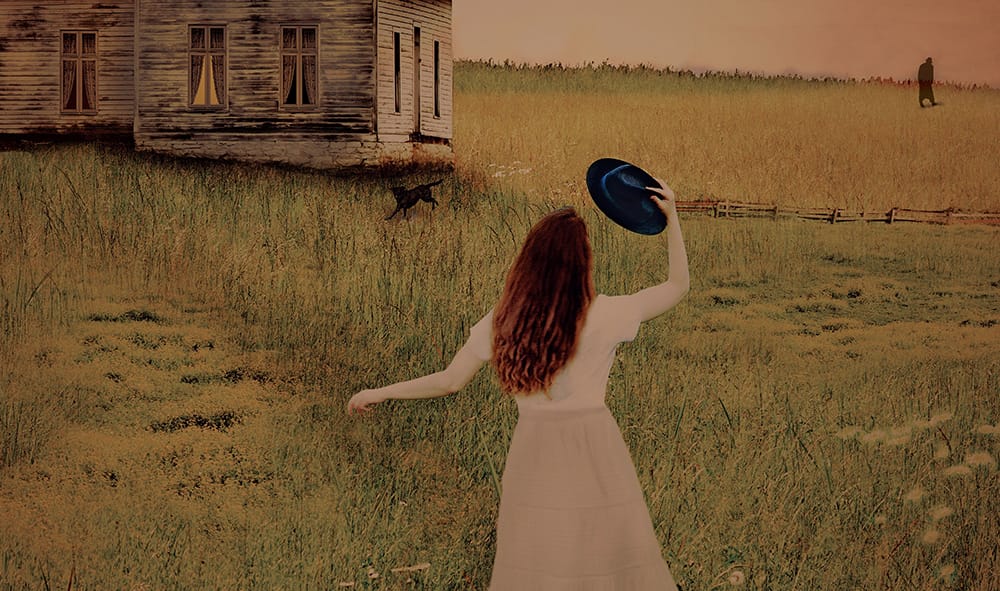COME ON UP TO THE HOUSE

Come on up to the house
Come on up to the house
The world is not my home
I'm just a-passing through
You got to come on up to the house
I was certain I wouldn't write about my late father again (as I've almost certainly used up all my grief quota for blog posts on here over the past few years), but I couldn't resist a short one today — especially since it was three years ago on this day that we lost him.
Earlier, while listening to Tom Waits’s Come On Up to the House, I was reminded of my father's open-door policy — how he welcomed strangers who would turn up at the door of his self-built home, Cotsal, imbibe some wisdom and coffee, and rarely leave empty-handed. More often than not, they’d top up their self-esteem with good vibes and encouragement, often leaving with a borrowed book from his extensive library before venturing back into the world with a renewed sense of hope and learning.
And of course, there were those old, mysterious figures who appeared as organically as the surrounding landscape — Cotswold rancher types who liked to see what this London architect was all about, with his respect for traditional houses and local materials, though always with a modern flair. Some would bring homemade elderberry wine, others a tip-off for some stone or slate, but they always trusted him enough to treat Dad as one of their own — like a rustic mafia of Gloucestershire builders. Naturally, they all shared an equal suspicion of bureaucracy, which made them a sort of band of renegade brothers living in the foothills of the Shire.
Of course, building your own kingdom dwelling can bring with it a certain Wotan-like superiority and authority — as the hubristic Norse god did with Valhalla — but what impressed me was how the house my father designed and built with my mother always felt equally shared with the world. There was no fierce sense of attachment to it as something that belonged solely to them, but rather as a shelter for those needing light amidst the darkness — and sometimes not needing anything at all, just happy to be.
In this sense, it reminds me of some great old prairie house — like something out of a Wyeth painting or a mythic Western — offering shelter from the storms of life and sanctuary to those in need of an eternal sense of home. In that way, it was more than just a family home; it was a universal one — an extension of his Streatham Bodhisattva vow to save the world.
Naturally, there were some who took advantage of his generosity and outstayed their welcome. And when the door was shut to them, it stayed shut. But those types were rare and never significantly bothersome enough to trouble the general rule of generous hospitality, which remained consistent through the years.
Does life seem nasty, brutish and short
Come on up to the house
The seas are stormy and you can't find no port
Got to come on up to the house, yeah
Listening to the Waits song Come On Up to the House, I found myself reflecting on the paradox of building something that gives the impression of permanence — such as a Cotswold stone house — while recognising the impermanence of our own human lives. I'm pretty sure my dad thought about that too, sitting in his red chair, meditating on what he called “the dualistic trap.”
Perhaps that’s why he understood that in the totality of existence, all is one — including the places we dwell.
So, why not come on up to the house?
Well, the moon is broken and the sky is cracked
Come on up to the house
The only things that you can see is all that you lack
Come on up to the house
All your crying don't do no good
Come on up to the house
Come down off the cross, we can use the wood
You gotta come on up to the house